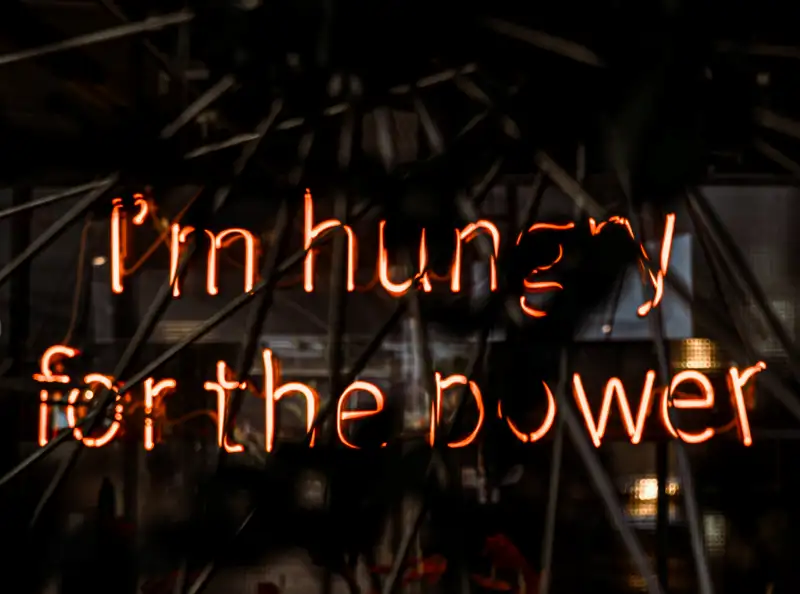Introduction
The concept of power has long been a subject of interest and debate within sociology. Various perspectives have emerged to understand power dynamics in society, and one such perspective is the feminist view of power. Feminist scholars have critically examined power structures and their impact on gender relations, highlighting the ways in which power is distributed, exercised, and contested. This article aims to outline, explain, and analyze the feminist view of power.
Outline of the Feminist View of Power
The feminist view of power can be summarized in the following key points:
- Power is not seen as a fixed entity but as a social construct that is shaped by social, cultural, and historical contexts.
- Power is not solely about domination and control but also about agency, resistance, and the ability to effect change.
- Power is gendered, meaning that it operates differently for men and women, with women often being marginalized and disadvantaged in power structures.
- Power is intersectional, meaning that it is influenced by other social categories such as race, class, sexuality, and disability.
- Power is relational, meaning that it exists in social interactions and relationships rather than being possessed by individuals.
Explanation of the Feminist View of Power
Feminist scholars argue that power is not simply a matter of individual actions or intentions but is deeply embedded in social structures and institutions. They emphasize the importance of analyzing power relations in terms of gender and its intersections with other forms of oppression.
According to the feminist view, power operates through various mechanisms:
- Structural power: This refers to the ways in which power is embedded in social structures, such as the legal system, economic institutions, and political organizations. Feminists highlight how these structures often perpetuate gender inequalities and reinforce patriarchal norms and values.
- Symbolic power: This refers to the power of symbols, language, and cultural norms in shaping social reality. Feminists argue that dominant discourses and representations often marginalize and silence women, reinforcing gender hierarchies and stereotypes.
- Everyday power: This refers to the micro-level interactions and practices through which power is exercised and negotiated in everyday life. Feminists highlight how power dynamics play out in relationships, households, workplaces, and public spaces, often disadvantaging women and reinforcing gender norms.
Analysis of the Feminist View of Power
The feminist view of power offers a valuable critique of traditional understandings of power that have often ignored or downplayed the experiences and perspectives of women. By highlighting the gendered nature of power, feminists have brought attention to the ways in which women are marginalized, silenced, and excluded from positions of power.
Furthermore, the feminist view of power acknowledges the agency and resistance of women in challenging power structures. Feminist movements have been instrumental in advocating for women’s rights, challenging gender norms, and promoting social change.
However, the feminist view of power is not without its critiques. Some argue that it tends to essentialize women’s experiences and overlooks the complexities of power dynamics within and between different groups of women. Additionally, there are debates within feminism regarding the extent to which power can be transformed or if it needs to be completely dismantled.
Conclusion
The feminist view of power provides a critical lens through which to understand and analyze power relations in society. By emphasizing the gendered nature of power and its intersections with other forms of oppression, feminists have contributed to a more nuanced understanding of power dynamics. It is through this understanding that we can work towards creating a more equitable and just society.





